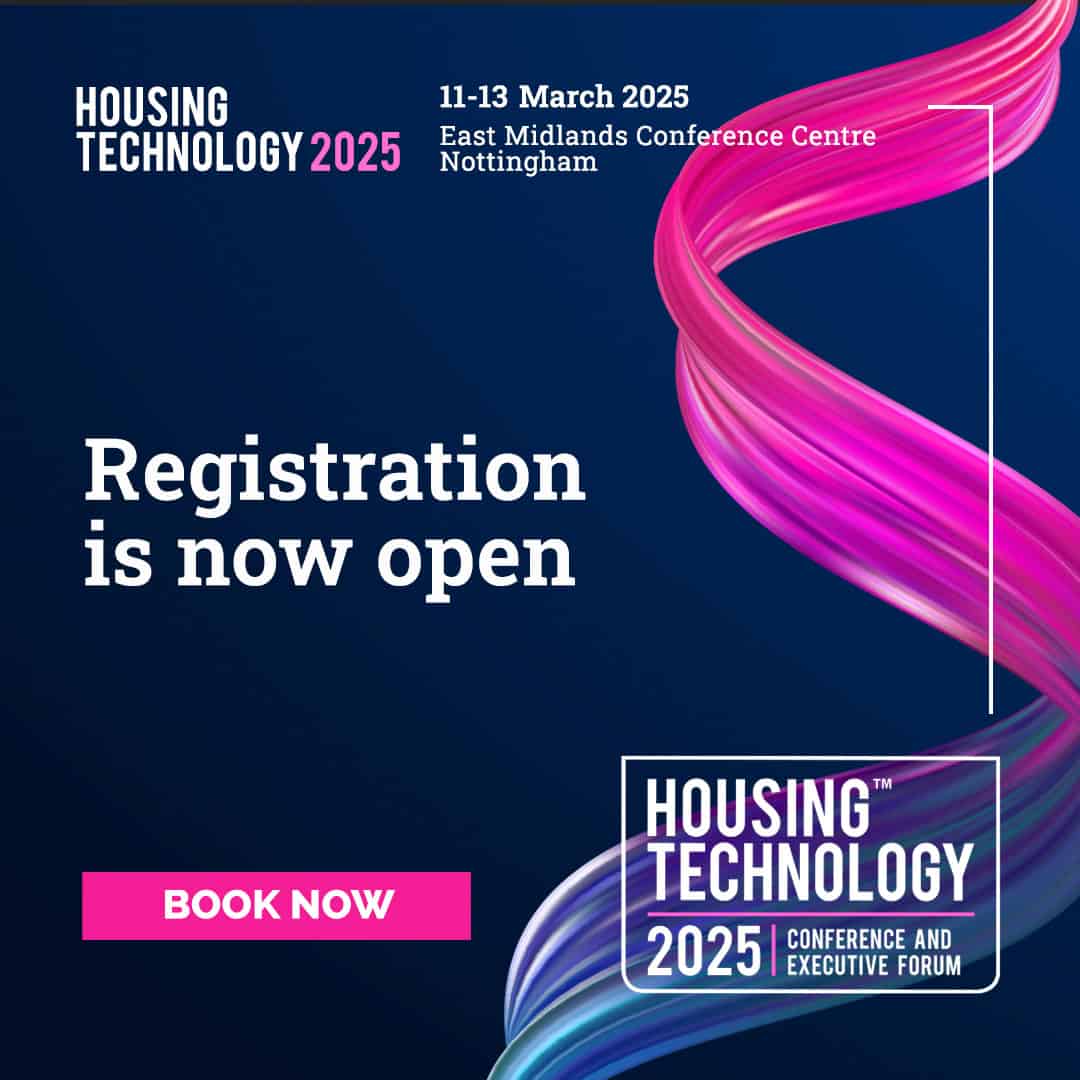With a shortage of almost four million affordable homes in the UK and existing social housing properties hitting the headlines, the UK’s housing providers are under severe pressure. It is estimated that one in three homes in England are classed as ‘non decent’ and don’t meet the basic government standards for what is deemed as a liveable home. This means there are tens of thousands of tenants whose homes are in dire need of repair. With forever-squeezed budgets, how can the UK’s housing providers reduce costs and improve efficiencies without impairing service quality?
News of incidents within social housing in the UK has led to both regulators and tenants putting housing associations under greater scrutiny. Tenants renting social homes are more aware of the dangers of unsafe gas and electrical wiring, how damp affects their health and they know their rights and are acting on them. This is causing an influx of home maintenance and repair requests. In order for RSLs to meet the demands they need to be able to complete jobs more efficiently.
There are a variety of challenges when it comes to the management of property maintenance. Scheduling appointments at convenient times is the start of the issue. Today’s customers are busier than ever with work commitments and the school run; they want appointments to fit around their schedule, not vice versa. The majority of service providers still operate with 4-5 hour service appointment windows, and this leads to impatient customers bombarding contact centres chasing the ETA of their appointment. Worst of all, many scheduled appointments aren’t met due to failed access to the property, costing around £60 per missed appointment.
The ‘Uberisation’ paradox
Customers’ need for quick responses from service providers demonstrates that their mindset is becoming increasingly individual-centric. Rapidly-hiking customer expectations, alongside the fact we are an increasingly time-poor society, has created the ‘individual economy’, or ‘iconomy’. Each of us expects service providers to have apps and solutions which allow us to see our appointment progress in real-time. Transparency and two-way communications on our smartphones are now a standard expectation. The transparency provided by the likes of Uber, DPD and Amazon is leading to customers expecting the same from all service providers.
Not only do people want visibility and transparency but they also want control. The boom in self-service is becoming part of people’s daily lives. From self-checkout at the supermarket to mobile banking, people enjoy being free from long call-centre queues and having control over their own lives. Entrusting customers with booking their own appointments makes them feel respected while having the convenience of accessing key information around the clock. Providing tenants with Uber-style self-service, real-time operative tracking, super-accurate ETAs and two-way communications not only gives a fantastic customer experience, but will also produce significant operational savings for RSLs across the UK.
“On my way”
It’s vital to look at leaders in other sectors who are providing the services that customers are getting used to. This is where other providers are going to be benchmarked. British Gas has developed its customer experience platform and is seeing dramatic improvements to its first-time access rates. It’s ‘on my way’ communication platform advises customers of their engineer’s live ETA, enabling them to track their approach on a real-time map and interact directly with their engineer when needed. Customers are more informed and therefore aren’t contacting call centres to chase their engineer’s arrival.
British Gas has seen no-access, failed appointments fall by 20 per cent. Sending notifications reminding customers of their appointment enables cancellations to be made if needed, allowing others to take that appointment slot. It also gives customers the freedom to get on with their day; if they can see that their engineer is due to arrive in, say, 55 minutes, they can leave the house, pop to the shops and avoid missing and having to reschedule an appointment.
Translating this use-case to social housing would mean significant annual savings. With a typical inbound call costing around £5 and a no-access, failed appointment costing £60, RSLs could each save hundreds of thousands of pounds per year. Enabling real-time tracking via a smartphone will reduce inbound calls because tenants will know when to expect their service operative and also increase first-time access to properties. As well as the cost savings, customers would also benefit from better experiences, leading to higher satisfaction ratings and an improved image of RSLs as innovators.
Going the extra mile
In the commercial world, customer service has a tangible value – it drives loyalty, repeat purchases, upselling, referrals, renewals and competitive advantage. By comparison, the world of social housing is very different. Almost all RSLs have waiting lists of potential tenants desperate to move in, and they could let their properties several times over. Rents are mostly regulated, so they can’t translate customer-service excellence into higher prices. In spite of this, customer service remains important in the sector and all RSLs strive to meet or exceed annually published targets. Therefore, the typical benefit of ‘better customer satisfaction’ has an intangible value in the social housing sector but nonetheless is important.
With the continual emergence of new technologies, RSLs are both challenged and faced with endless opportunities to improve their services. It’s therefore vital to take a critical look at which technologies will provide the most value. The development of location-aware mobile technology giving customers more control will arguably provide the greatest cost savings for RSLs now and in the future. By providing service transparency and real-time tracking, tenants will not only feel in control but they are also less likely to miss an appointment. By improving first-time access rates, RSLs will be able to serve more tenants and divert spending into other areas. Not only will it relieve some of the financial and operational pressures RSLs are under, but it promises to improve image and reputation in a time of extreme scrutiny.
Tim Andrew is CEO and co-founder of Localz.


